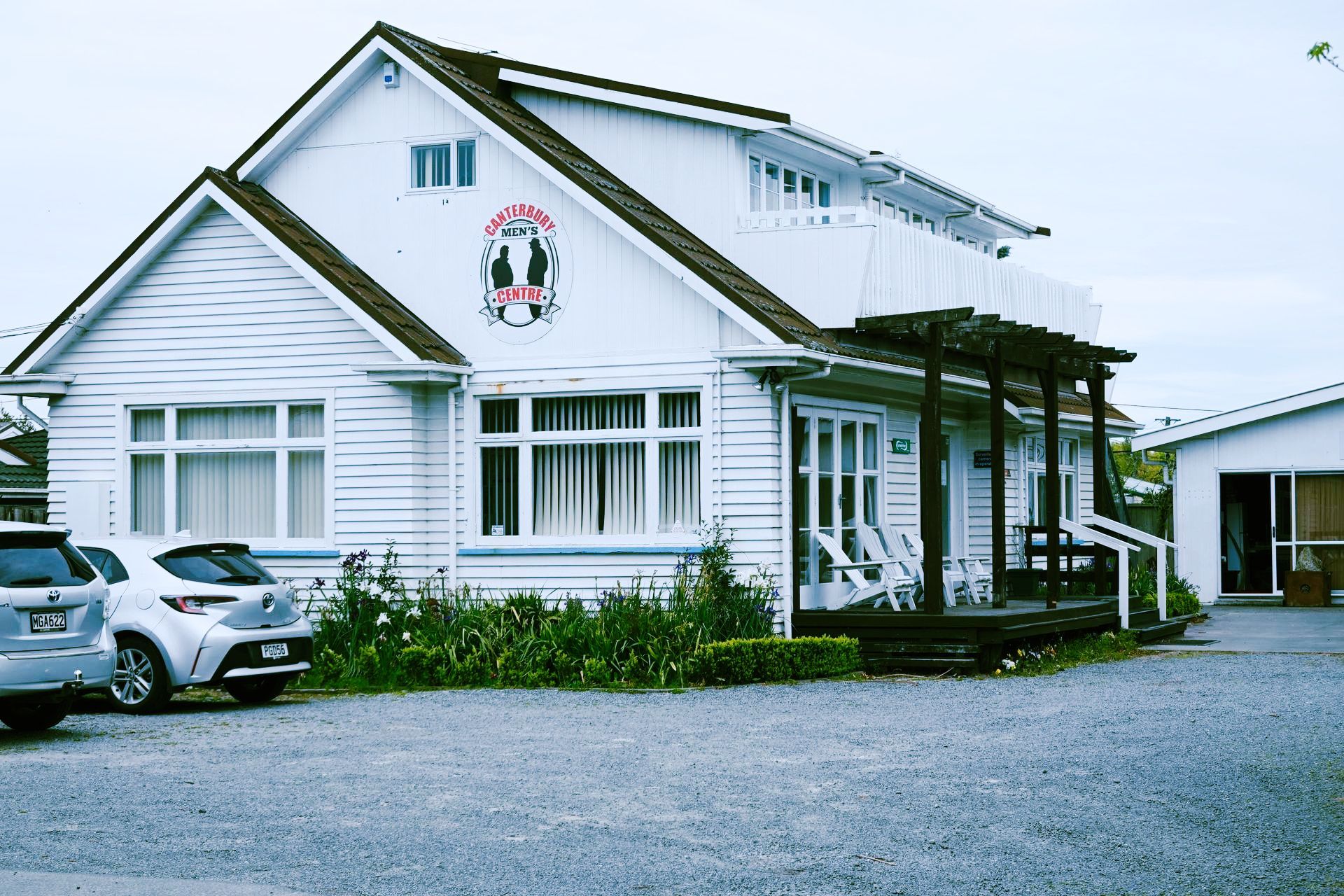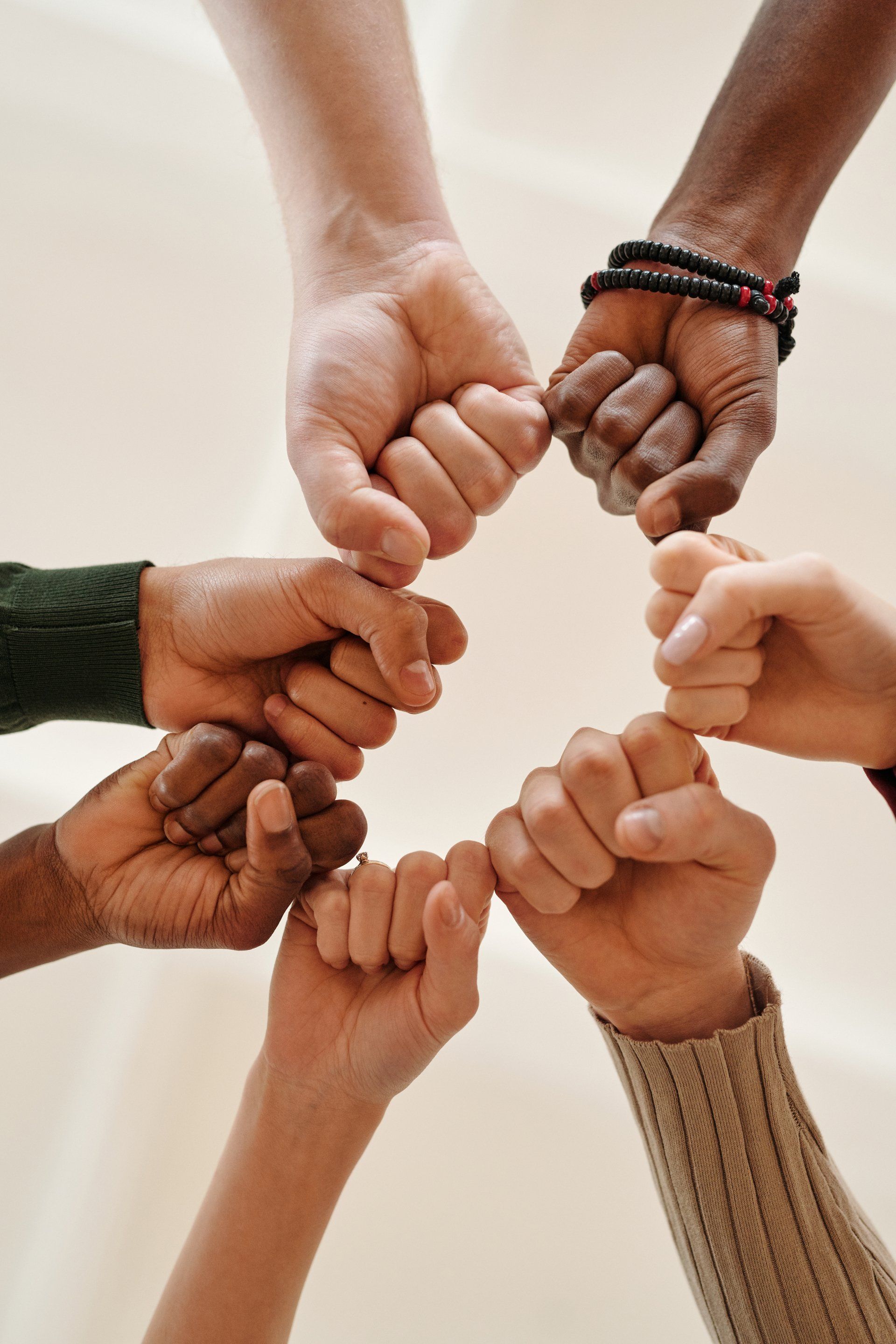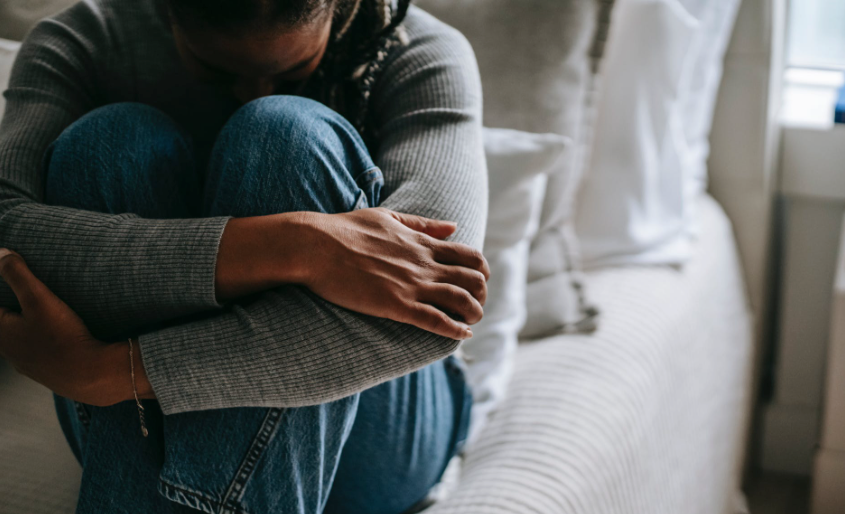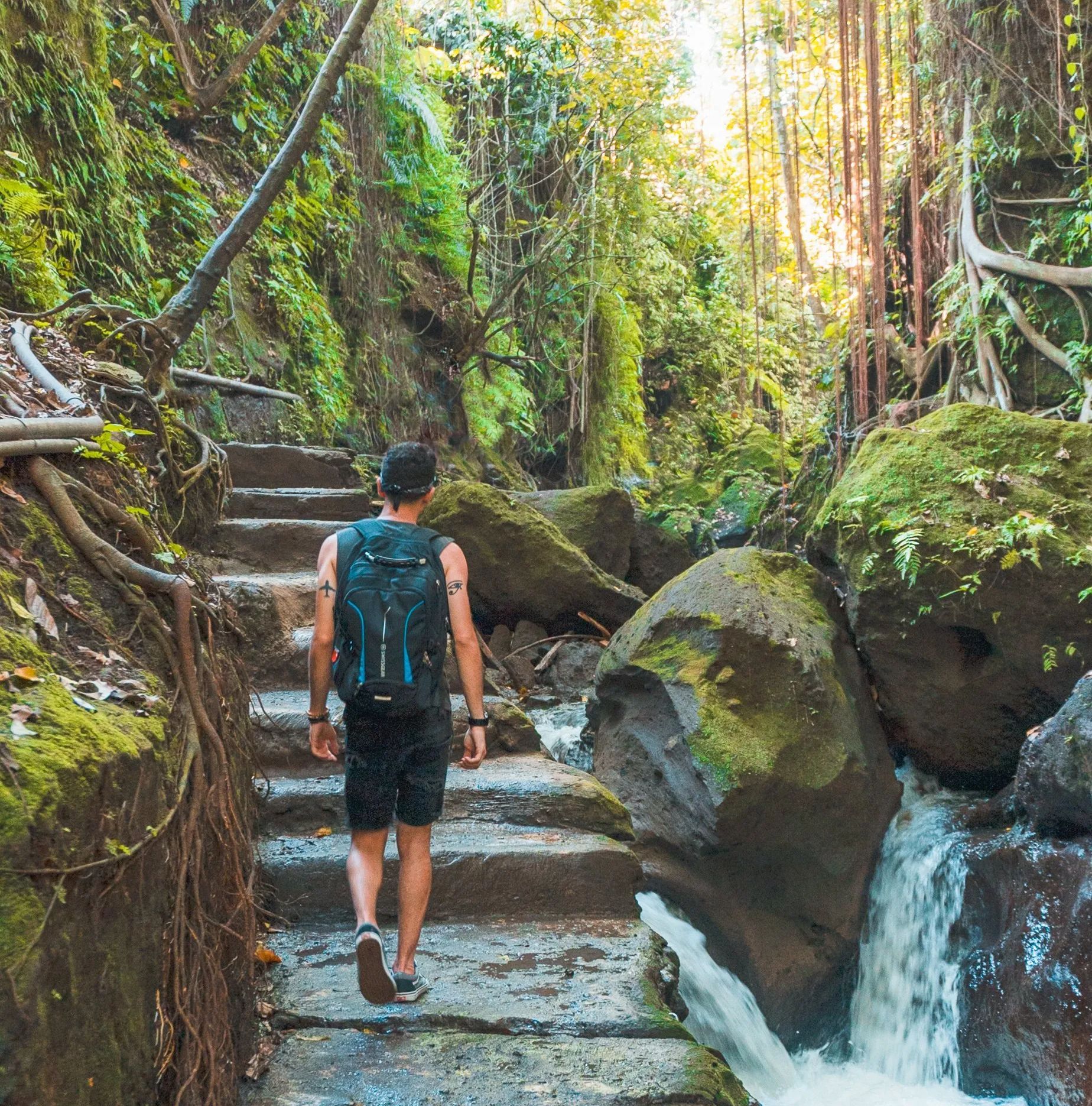ACC Counselling & Therapy Provider Christchurch
Anyone who has experienced sexual abuse or assault in New Zealand, including visitors to the country, can get help from us.
We may also be able to help if you're a New Zealand resident and have experienced sexual assault or abuse while travelling overseas.
If you're not sure if this includes you, we encourage you to still seek support. If it turns out that you're not eligible for help, your first counselling sessions will still be free and we can help you to find other help.
There is help available through the Male survivors Canterbury who meet at a seperate building at 21,Marshland Road Shirley Christchurch click here to learn more.
Talking with a counsellor or therapist can help you understand what's going on and look at practical ways to deal with it.
It doesn't matter if the event happened recently or a long time ago. You don't need to have told anyone or have reported it to the Police.
There's support available when you're ready.

ACC Family & Peer Support Survivors Therapy Counselling

There's support available for your family and whānau.
This includes friends, parents, spouses, partners, siblings, flatmates and any other people supporting you.
They can get support sessions to help:
- educate them about the effects of sexual abuse and assault
- process what's happened
- identify coping strategies
- work out ways to deal with younger clients' behavioural changes.
Your therapist will work with you to identify what support your family and whānau may need.
They'll only be involved if you want them to be.

Book a consultation
What To Expect From Survivors Therapy & Support
The therapeutic process is highly individualised, with the survivor's journey being tailored to their unique needs.
Survivors may require short-term interventions, while others may benefit from longer-term therapy.
Your therapist will collaborate with you to evaluate the level and type of support that best suits your requirements, including exploring the most suitable options for you and your whānau.
Session Format and Duration: Typically, therapy sessions are conducted on a weekly basis, lasting for about an hour. However, the frequency of sessions can be adjusted based on mutual agreement between you and your therapist.
Geographic Considerations: Depending on your location, you may need to travel to access a therapist nearby. We may offer support for some of your travel expenses, and we encourage you to address this during your initial discussions with us.
Online Alternatives: If travel is impractical or presents challenges, therapy sessions can be conducted online via platforms like Zoom or Microsoft Teams, as opposed to face-to-face.
However, this format will only be adopted if it is deemed suitable by your therapist and if you provide consent for therapy to be delivered in this manner.
Survivors Therapy Progression Journey
Initial Engagement: Your ACC-funded therapy journey comprises several distinct stages.
The first two sessions are referred to as 'Getting Started.' These initial sessions are primarily geared towards establishing a connection with your therapist and determining if they are the right match for your needs.
If you haven't previously engaged with a therapist, your therapist will inform us of your engagement, and they will file a claim on your behalf.
During this period, you may receive a call from us. If, at any point, you feel that your therapist isn't the right fit, you have the option to seek another therapist.
Early Planning Steps:
The 'Early Planning' stage spans the following four sessions. It's a crucial juncture for you and your therapist to deliberate on the most suitable treatment path and identify potential needs and supports.
Support Considerations:
During this phase, the discussion may encompass various types of support, including social work, cultural assistance, and whānau support hours.


